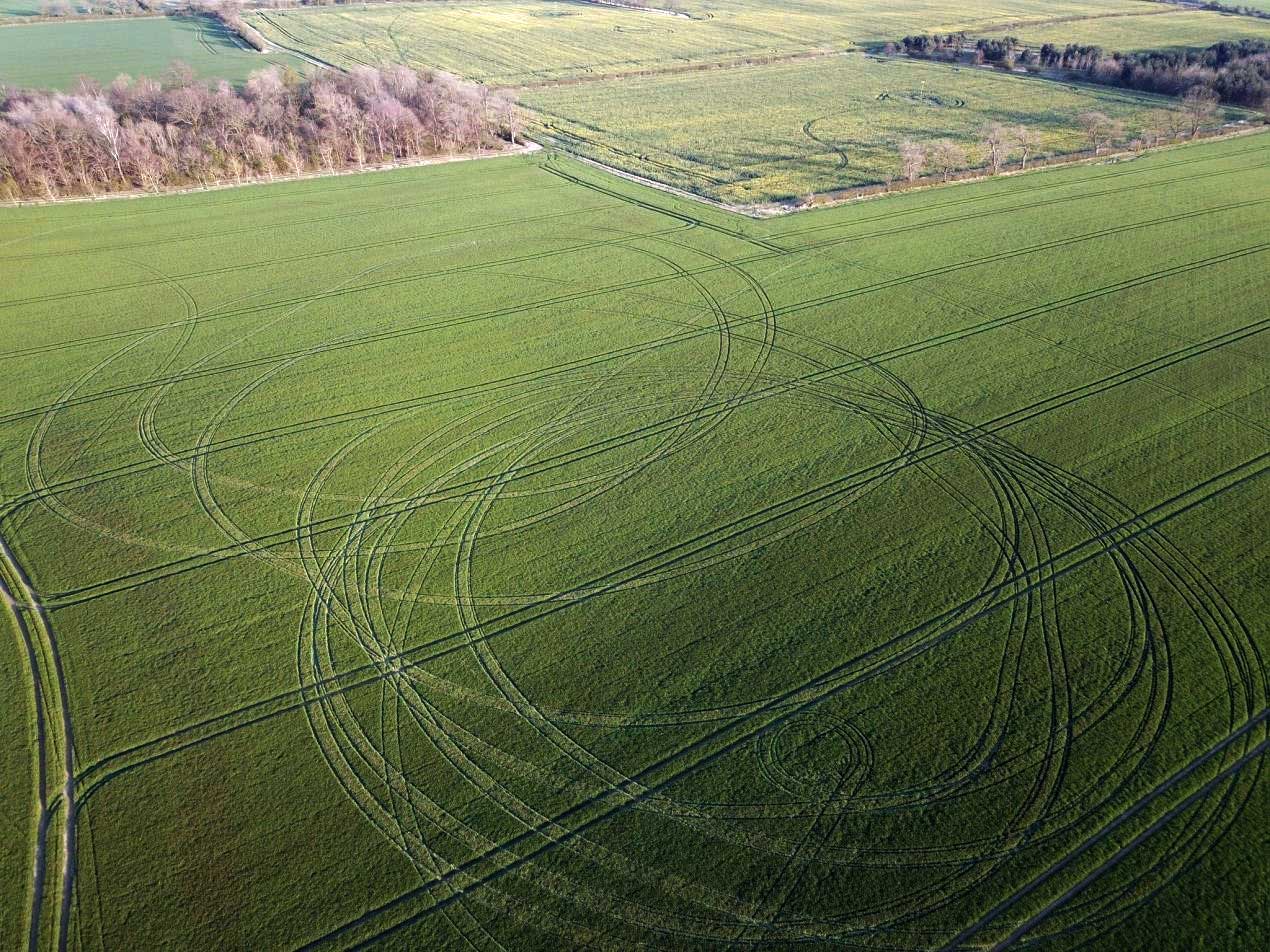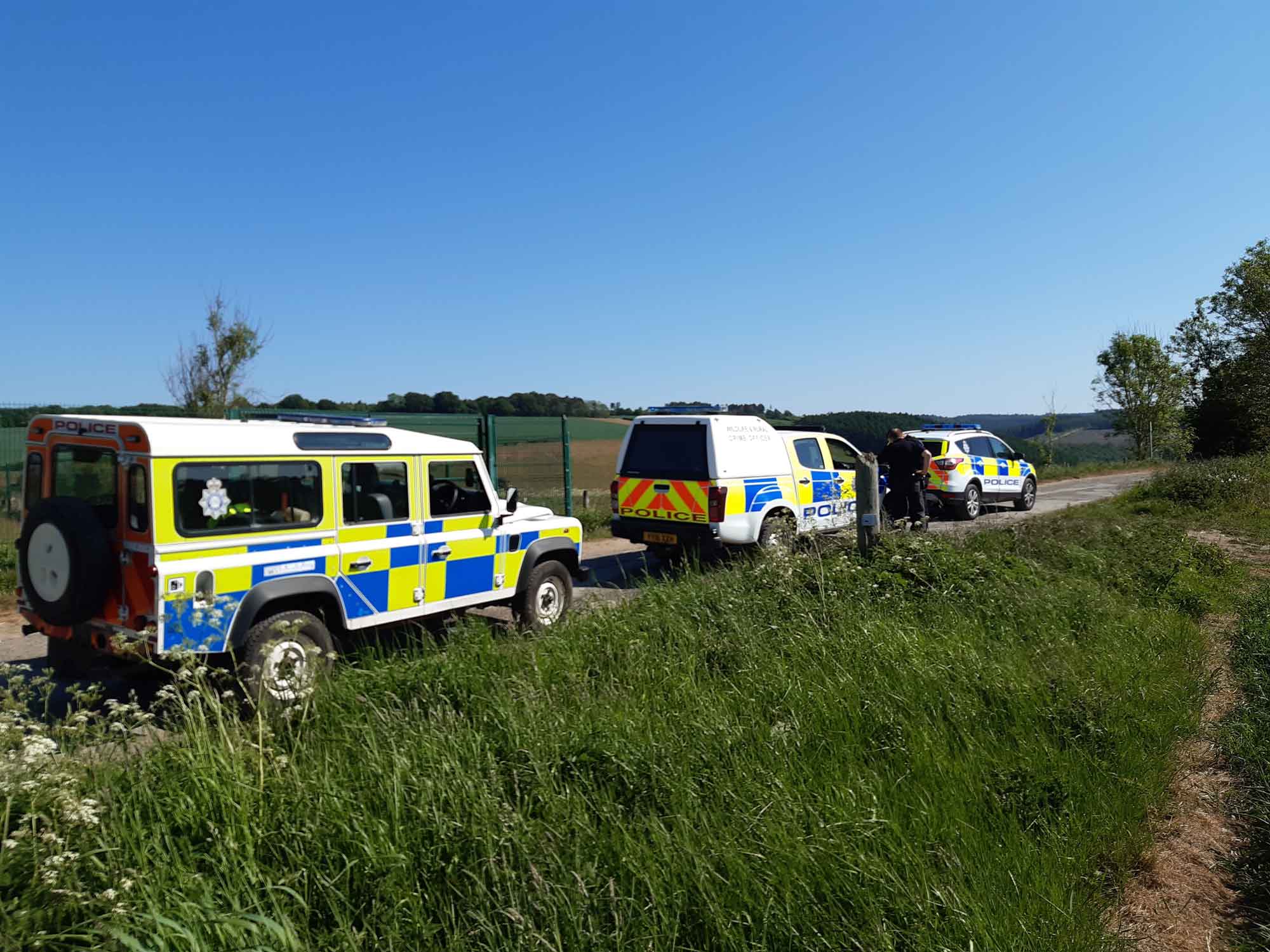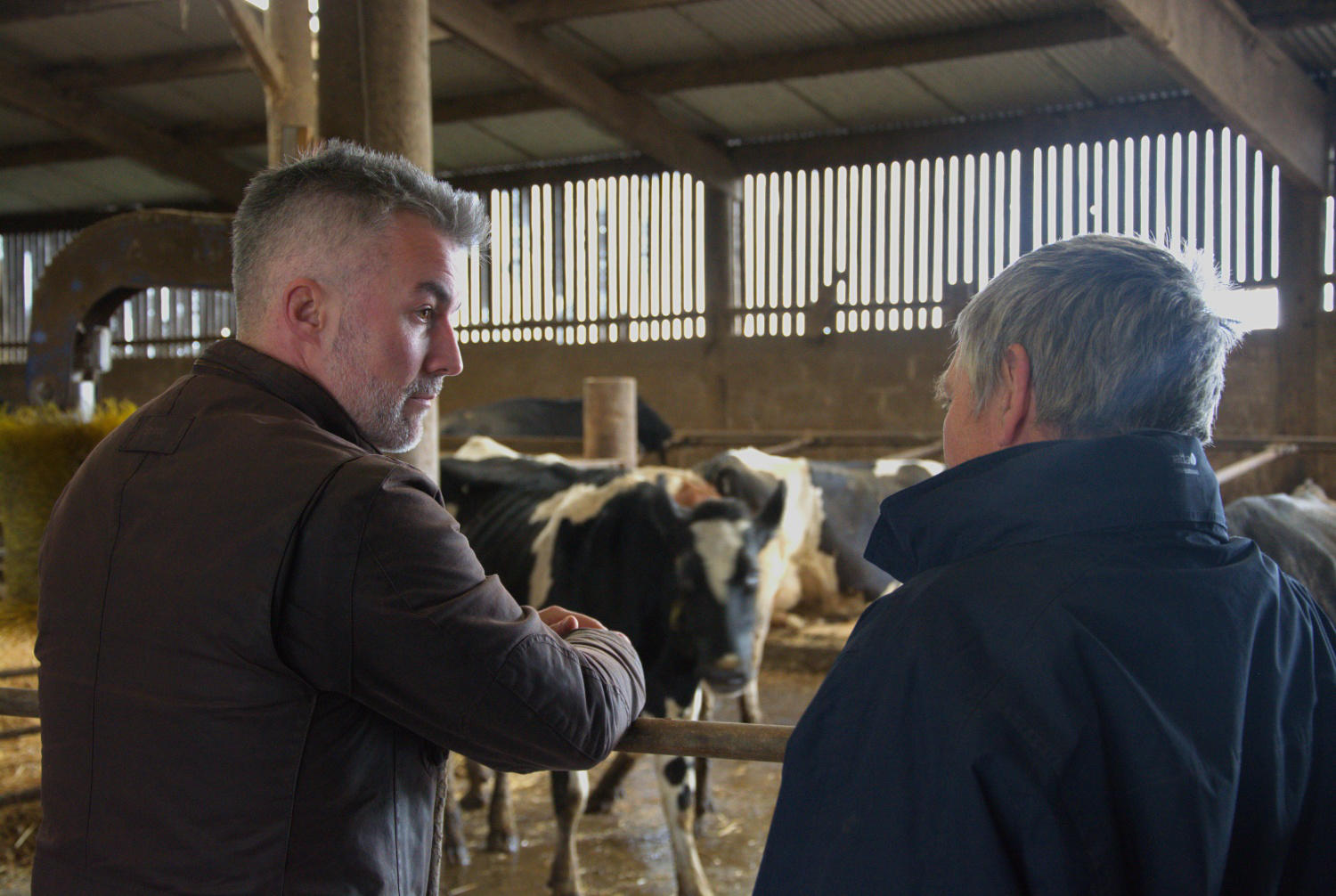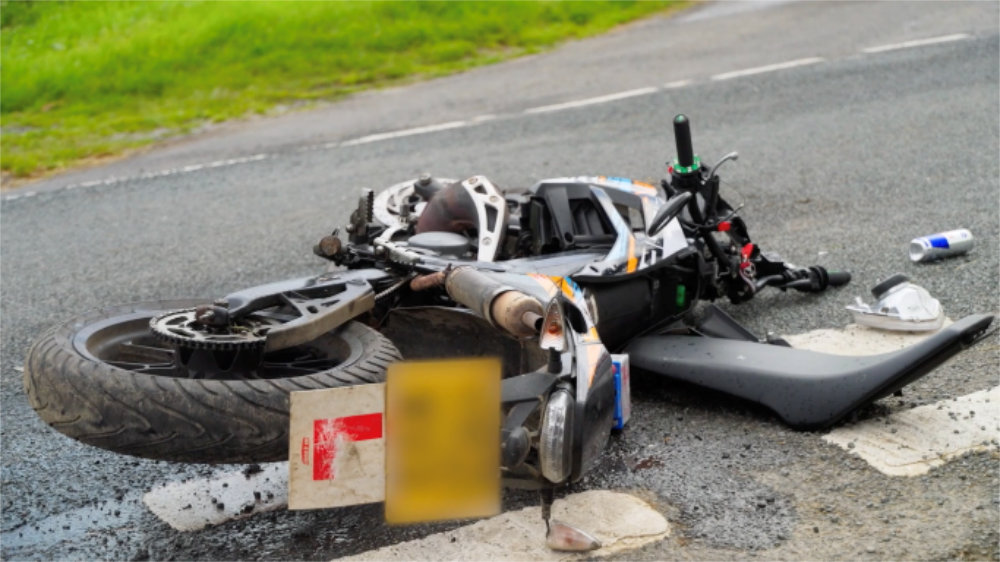Police are warning poachers to stay out of North Yorkshire, as the force ramps up a new anti-poaching operation.
Poachers normally travel in groups of up to four people, with dogs, using 4×4 vehicles. They typically hunt brown hare or deer. In addition to being a wildlife crime, their illegal activity can cause extensive damage to crops, fields and fences – and leave victims in fear of violence and retaliation.
About 80% of poaching incidents in North Yorkshire take place between September and February, typically on open farmland after crops have been harvested. The districts of Hambleton, Selby and Ryedale are worst hit. Many offenders travel into North Yorkshire from elsewhere in the region to commit their offences.
In a new operation – Operation Figaro – North Yorkshire Police will be robustly targeting poachers to put a stop to their illegal activity.
This year, a list of people suspected of being involved in poaching in the past will get a letter from North Yorkshire Police, advising them not to commit further offences in the county. Some of these may be hand-delivered, to make sure the message hits home.
Anyone caught poaching will be summonsed to court, while those stopped in suspicious circumstances will be issued with a community protection warning or a community protection notice – breaches of which will be prosecuted.
Officers will also act on information from local communities. Mobile Rural Watch schemes, and groups of rural residents sharing information via WhatsApp groups, cover more than 90% of North Yorkshire’s rural communities, and can act as the ‘eyes and ears’ of the police, reporting suspicious activity that could be linked to poaching.
Tackling poaching offences is a national policing priority under the National Police Chiefs’ Council Rural Affairs and Wildlife Crime strategies.
Operation Figaro runs alongside Operation Galileo, a national campaign bringing together forces particularly affected by poaching. Forces work together to ensure the issue is dealt with in a co-ordinated way, by sharing information about poachers, and working across force boundaries – for example, on the Selby and Humberside border.
Inspector Matt Hagen, of North Yorkshire Police’s Rural Taskforce, said:
We know that poaching offences go up from August onwards, so we’re issuing a timely reminder: poachers will not be tolerated in North Yorkshire, and will be dealt with swiftly and robustly.
Our officers, some of whom have farming backgrounds, know the terrible impact poaching can have on rural communities. Poachers often have no regard for farmers and landowners, causing thousands of pounds of damage to crops. Victims are often intimidated or even threatened with violence if they challenge offenders, leaving them feeling vulnerable to further crimes, particularly in isolated areas.
On top of that, evidence suggests that poaching offenders are also involved in other aspects of criminality – including the organised theft of quad bikes and farm machinery.
Officers are working hand-in-hand with local communities. Reports of poaching will be taken extremely seriously, so poachers will find it very difficult to enter and leave North Yorkshire unchallenged.
Residents are encouraged to note down and report any suspicious activity, such as unusual vehicle movements, particularly in remote or isolated areas. Even if the information doesn’t need an immediate response, every piece of intelligence helps the police build up a picture and could prove vital in bring criminals to justice.
Call North Yorkshire Police on 101 if it’s not urgent – or 999 in an emergency or a crime is in progress. This includes if you witness poaching taking place – this is a crime, and should be reported as such.








